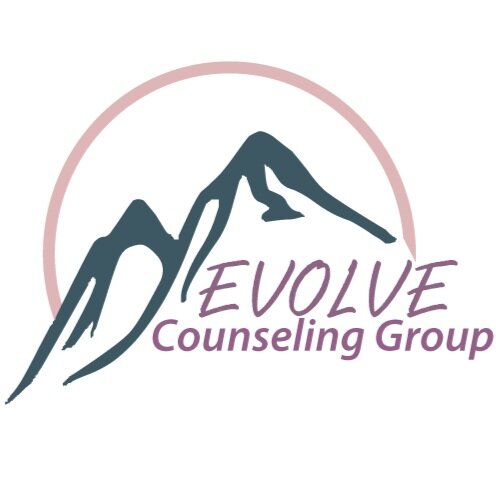
Find a mental healthcare specialist who meets your needs.
Connecting you with us
1
What are you looking for?
You’ll be asked a few questions to help us tailor our suggestions.
2
Personalized suggestions.
We’ll share who from our team is the best fit for your needs and preferences.
3
Pick the right therapist.
Schedule a free consultation to see if they are the right fit.
Who looks outside, dreams; who looks inside, awakes."
— Carl Jung
FAQs
How long is therapy supposed to last?
Therapy is an individual process that can last anywhere from a few months to several years. It all depends on your personal goals, and how long you want to be in treatment for. As mental health professionals, we may recommend a certain course of action, but it is always up to you to decide.
How often should I have therapy sessions?
We recommend weekly or bi-weekly sessions. Therapy should not be an added stress in terms of time and commitment. It should be easily integrated into your life as that is the way to make it most effective and consistent. The frequency also depends on the severity of issues addressed (sometimes it may be required to come more than once a week) and the availability of time and resources one has (therapy should not be a burden on your time and finances).
Sometimes I feel worse after going in for a therapy session. Why is that?
This is common, and this is not always a result of therapy of not going well. You may feel worse because certain uncomfortable feelings were brought to the surface and addressed. Often in the presence of a warm and kind individual (aka therapist), and the space allowed to access certain feelings, you may allow yourself to experience emotions that you have neglected for a long time. If, however, this is a concern, you can always bring it up with your therapist.
When am I supposed to feel better?
There is no exact time or deadline that a therapist can give you. You may see an improvement as early as the first session. Sometimes it takes much longer to see improvements and it is important to trust the process. You will know therapy is working when you begin to feel and think differently about the issues that brought you in, and when you notice a positive change in your outlook and behavior.
I don’t think I have had any breakthroughs yet. Am I doing therapy all wrong?
Not necessarily. A breakthrough can happen gradually and then it doesn’t really feel like a breakthrough. It feels like slow and steady improvement.
I feel really upset by something that my therapist said in session. I don’t want to quit therapy but this feeling is nagging at me. What should I do about that?
You should definitely talk to your therapist about it. These are important moments in which you can fully express yourself and be heard. One thing to remember: a therapist is a neutral presence and when something that has been said by the therapist triggers an intense negative emotion, it is a great opportunity to process this with your therapist and further understand why you felt this way. If you are experiencing this, try not to ignore it and bring it up in session. It will be extremely valuable to you to process and openly discuss.
